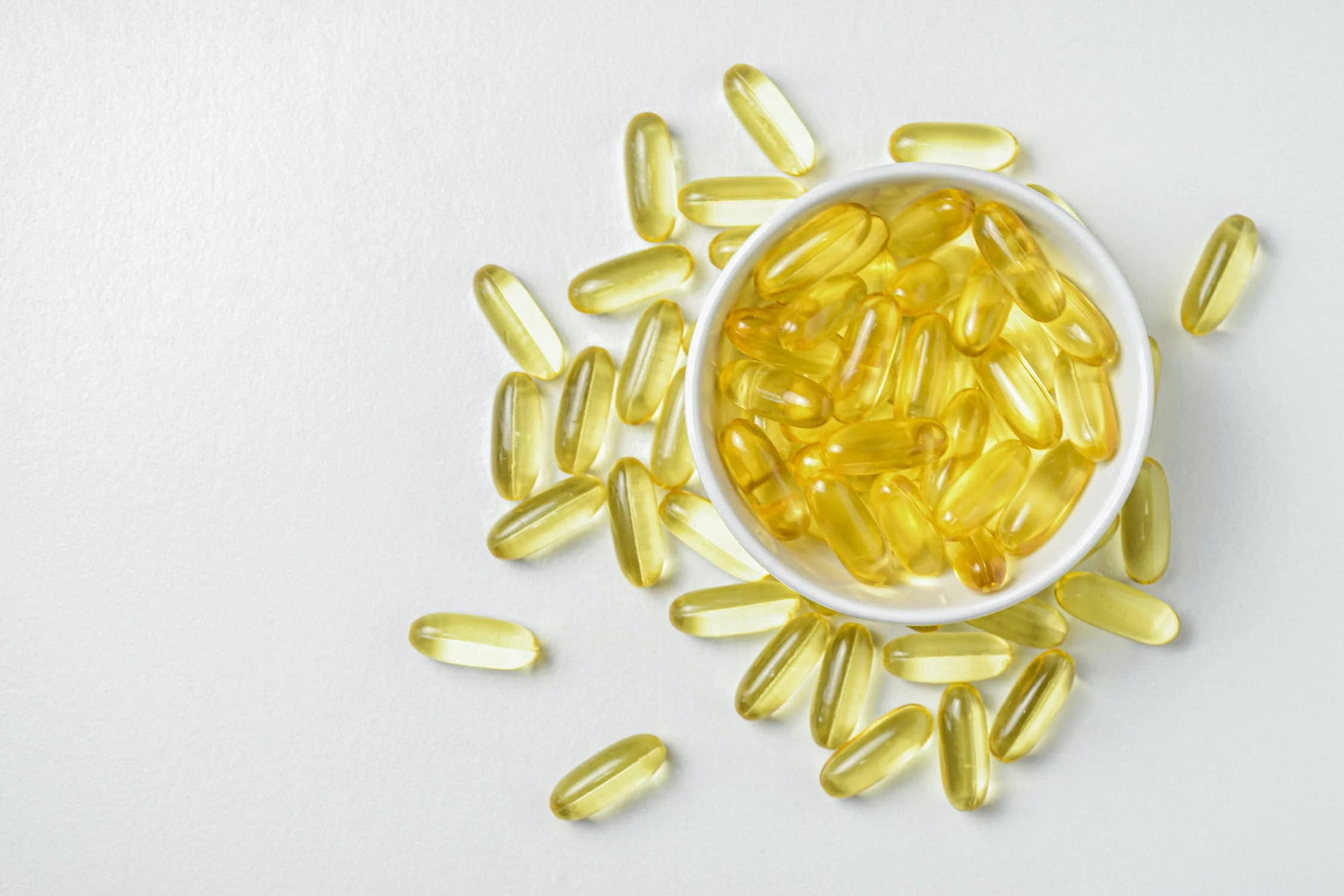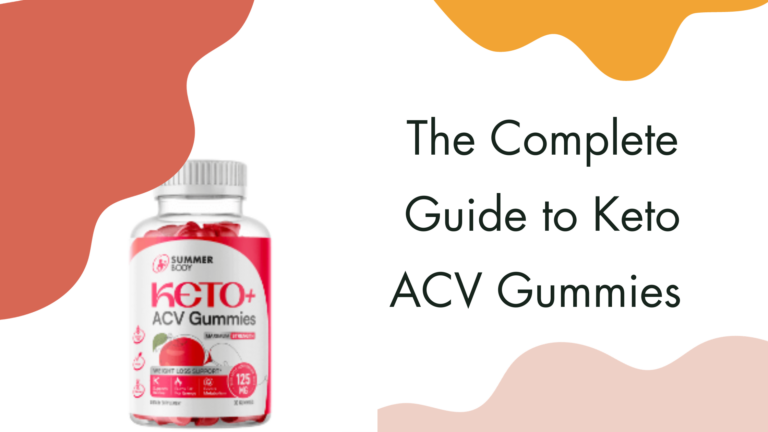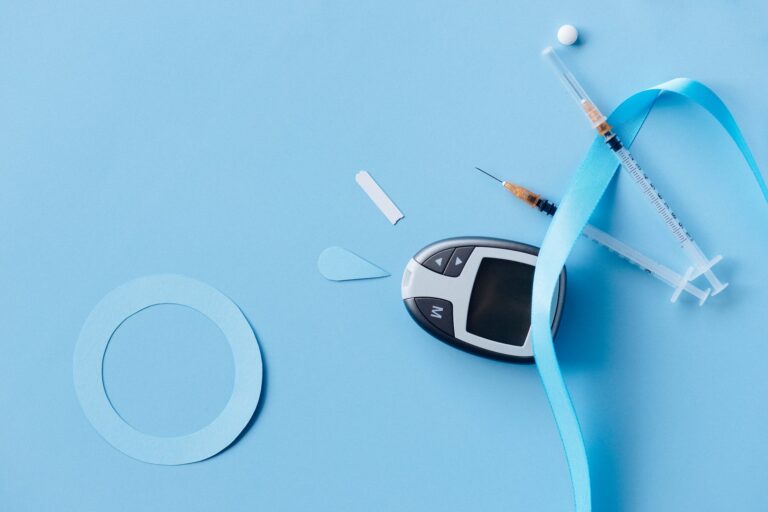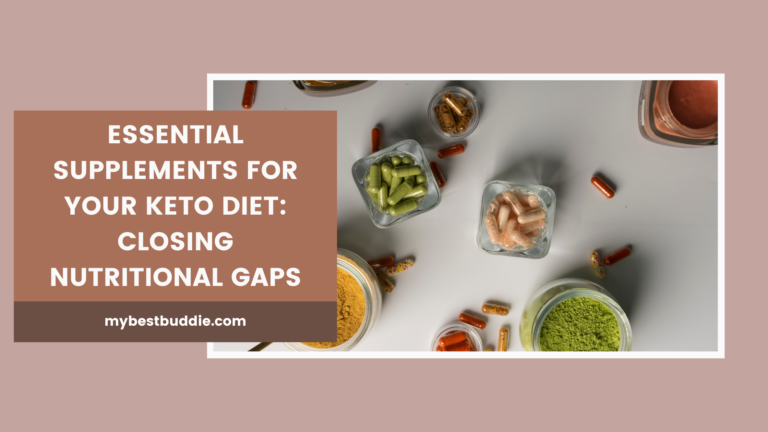The 8 Best Vitamin E Supplements, Recommended by Dietitians
Vitamin E plays a crucial role in the body as an antioxidant and in promoting heart, eye, and skin health. While it’s naturally available in various foods, there are instances where supplementation becomes necessary. For individuals with conditions causing fat malabsorption, such as Crohn’s disease and cystic fibrosis, vitamin E supplements may be recommended. If you need a vitamin E supplement, here are the 8 best options to consider:
- Best overall vitamin E supplement: Nordic Naturals Vitamin E Complex
- Best softgel vitamin E supplement: Pure Encapsulations Vitamin E
- Best vegan vitamin E supplement: Garden of Life Vitamin Code Raw Vitamin E
- Best high-dose vitamin E supplement: CVS Health Vitamin E
- Best-rated vitamin E supplement: Nature-Made Synthetic Vitamin E
- Best budget-friendly vitamin E supplements: Kirkland Signature Vitamin E, Nutricost Vitamin E
- Best women’s multivitamin with vitamin E: OLLY The Perfect Women’s Multi
- Best men’s multivitamin with vitamin E: Nature Made Multi for Him
Understanding Vitamin E and Its Importance
Vitamin E is a group of fat-soluble compounds with antioxidant properties that help protect the body’s cells from damage caused by free radicals. It plays a crucial role in maintaining healthy skin, eyes, and immune function. Let’s delve into the significance of vitamin E and its essential daily requirements.
The Role of Vitamin E in the Body
Vitamin E acts as an antioxidant, neutralizing free radicals that can cause cell damage, contributing to aging and various health issues. Additionally, it supports immune function and cell signaling and regulates gene expression. Vitamin E also aids in widening blood vessels and keeping blood from clotting within them.
 Photo by Artem Podrez
Photo by Artem Podrez
Daily Vitamin E Requirements
The Recommended Dietary Allowance (RDA) for vitamin E in adults is 15 milligrams, or about 22.4 IU, per day. This level of intake is based on the amount required to maintain plasma tocopherol levels to support optimal health. However, individual requirements may vary based on age, health conditions, and lifestyle factors.
To ensure adequate vitamin E intake, incorporating foods such as almonds, sunflower seeds, spinach, and avocado into your diet can help meet daily requirements.
 Photo by Vincenzo Malagoli
Photo by Vincenzo Malagoli
Criteria for Choosing the Best Vitamin E Supplements
When selecting the best vitamin E supplement for your needs, it’s crucial to consider several key factors to ensure you are getting a high-quality product that benefits your health. Here are the important criteria to keep in mind when choosing a vitamin E supplement:
Purity and Quality
Opt for vitamin E supplements that have undergone rigorous testing for purity and quality. Look for products that have been verified by reputable third-party organizations such as NSF International or the United States Pharmacopeia (USP) to ensure that they are free from contaminants and meet high-quality standards.
Form of Vitamin E in the Supplement
Consider the form of vitamin E used in the supplement. Look for mixed-tocopherol supplements, as they contain a blend of different vitamin E compounds, providing a broader spectrum of benefits compared to supplements containing only alpha-tocopherol.
Absorption and Bioavailability
Pay attention to the bioavailability of the vitamin E supplement. Opt for supplements that incorporate advanced delivery systems or emulsification to enhance absorption, ensuring that your body can effectively utilize the vitamin E.
Additional Ingredients and Potential Allergens
Check the additional ingredients in the supplement, including potential allergens. Opt for supplements that are free from common allergens such as gluten, soy, or artificial additives, and look for those containing natural antioxidants like rosemary extract for added health benefits.
Recommendations by Dietitians and Health Professionals
Seek recommendations from dietitians and health professionals when choosing a vitamin E supplement. Consulting with experts can provide valuable insights into selecting a supplement that aligns with your specific health goals and dietary needs.
 Photo by Karolina Grabowska
Photo by Karolina Grabowska
Top 8 Vitamin E Supplements Recommended by Dietitians
Vitamin E is an essential nutrient that helps support the immune system and acts as an antioxidant in the body, protecting cells from damage. Dietitians often recommend specific vitamin E supplements to ensure individuals meet their daily requirements. Here are the top 8 vitamin E supplements recommended by dietitians:
1. Nature Made Vitamin E 180 mg (400 IU) Softgels
Nature Made Vitamin E 180 mg (400 IU) Softgels are a popular choice among dietitians. They provide a potent dose of vitamin E in an easily absorbable softgel form, making it convenient for daily supplementation.
2. Garden of Life Vitamin Code Raw Vitamin E
Garden of Life Vitamin Code Raw vitamin E is derived from a blend of raw fruits and vegetables, offering a natural and whole-food source of vitamin E. This supplement is often favored for its organic and non-GMO ingredients.
3. Solgar Vitamin E 268 mg (400 IU), 100% Natural – Mixed Tocopherols
Solgar’s Vitamin E supplement contains mixed tocopherols, providing a full spectrum of vitamin E compounds. This natural blend offers comprehensive antioxidant support and is frequently recommended by dietitians.
4. Now Foods E-400 D-Alpha Tocopheryl Acetate
Now Foods E-400 D-Alpha Tocopheryl Acetate is a high-potency vitamin E supplement that contains pure d-alpha tocopheryl acetate, a form of vitamin E with strong antioxidant properties. It is a go-to choice for individuals seeking concentrated vitamin E support.
5. Sundown Naturals Vitamin E Oil 70,000 IU
Sundown Naturals Vitamin E Oil 70,000 IU provides a concentrated dose of vitamin E in oil form, allowing for topical and oral use. It is often recommended by dietitians for its versatility and potent antioxidant benefits.
6. Carlson Labs E-Gems 400 IU (268 mg)
Carlson Labs E-Gems 400 IU (268 mg) delivers vitamin E in the form of d-alpha tocopheryl, known for its bioavailability and efficacy. This supplement is lauded for its purity and high-quality sourcing.
7. Puritan’s Pride Vitamin E-1000 IU Softgels
Puritan’s Pride Vitamin E-1000 IU Softgels offer a potent dose of vitamin E in a convenient softgel format. This supplement is frequently recommended by dietitians for individuals seeking higher levels of vitamin E support.
8. Kirkland Signature Vitamin E 400 IU
Kirkland Signature Vitamin E 400 IU is a cost-effective yet high-quality option for vitamin E supplementation. It is often favored by dietitians for its affordability and reliable antioxidant benefits.
 Photo by Nataliya Vaitkevich
Photo by Nataliya Vaitkevich
Understanding Different Forms of Vitamin E in Supplements
Vitamin E supplements are available in various forms, with synthetic and natural options being the most prevalent. Understanding the differences between these forms is crucial for making informed choices when selecting supplements.
Synthetic vs. Natural Vitamin E
Synthetic vitamin E is produced in a laboratory and is typically labeled as “dl-alpha-tocopherol” while natural vitamin E is derived from plant sources and is labeled as “d-alpha-tocopherol.” Although both forms are effective, natural vitamin E is considered to be more bioavailable and potent compared to synthetic forms. It’s important to check product labels to ensure you are selecting the desired form of vitamin E for your supplementation needs.
Tocopherols vs. Tocotrienols
Vitamin E is further categorized into two main groups: tocopherols and tocotrienols. Tocopherols include alpha, beta, gamma, and delta forms, while tocotrienols encompass similar variants. Each of these forms plays a distinct role in supporting overall health, with research suggesting unique benefits associated with tocotrienols, especially in terms of cardiovascular health and antioxidative properties.
 Photo by Artem Podrez
Photo by Artem Podrez
Antioxidants are crucial in protecting cells from the harmful impact of free radicals, which are linked to the development of various health conditions. Vitamin E, particularly tocopherols and tocotrienols, offers potent antioxidative properties, making it a valuable inclusion in dietary supplements.
These insights into the different forms of vitamin E supplements emphasize the need for informed decision-making when selecting the most suitable option for individual dietary and health requirements.
The Benefits of Including Vitamin E in Your Diet
Vitamin E is a crucial nutrient that offers numerous health benefits. It acts as a powerful antioxidant, protecting cells from damage caused by free radicals. This section will delve into the antioxidant properties of vitamin E, its role in skin and heart health, as well as its impact on immune function.
Antioxidant Properties of Vitamin E
Vitamin E serves as a potent antioxidant, safeguarding cells from oxidative stress induced by free radicals. By neutralizing these harmful molecules, vitamin E aids in preventing cellular damage and supports overall health.

Photo by Laker
Vitamin E’s Role in Skin Health
The inclusion of vitamin E in your diet can contribute to maintaining healthy skin. It works to protect the skin from UV radiation and environmental pollutants, thereby reducing the risk of premature aging and promoting a youthful complexion.

Photo by Louis Bauer
Heart Health and Vitamin E
Research suggests that vitamin E may play a role in supporting heart health. It helps in preventing the oxidation of LDL cholesterol, which is a crucial step in the development of heart disease, thus contributing to cardiovascular well-being.

Photo by Vanessa Loring
Vitamin E and Immune Function
Vitamin E also plays a part in maintaining robust immune function. It aids in regulating immune responses and defending the body against infections, thereby contributing to overall immune health.
These compelling reasons underscore the significance of incorporating vitamin E into your diet. It’s antioxidant properties, influence on skin and heart health, as well as its impact on immune function, make it a valuable addition to a well-rounded nutritional plan.
How to Safely Incorporate Vitamin E Supplements into Your Diet
Vitamin E supplements can be a beneficial addition to your diet when used safely and appropriately. Here are some important considerations for incorporating vitamin E supplements effectively:
Recommended Dosages
It is crucial to adhere to recommended dosages when taking vitamin E supplements. For adults, the recommended daily amount of vitamin E is 15 milligrams a day. Exceeding this dosage can lead to adverse effects, so it’s essential to follow guidelines to ensure safe and effective supplementation.
Interactions with Medications and Other Supplements
Before incorporating vitamin E supplements into your diet, it’s important to be aware of potential interactions with medications and other supplements. Vitamin E can interact with certain medications, such as blood thinners, and other supplements like vitamin K. These interactions can affect the efficacy of the substances involved, so consulting with a healthcare professional or pharmacist is advisable before starting vitamin E supplementation.
When to Consult a Healthcare Professional
Before integrating vitamin E supplements into your diet, it’s recommended to consult a healthcare professional, especially if you have existing health conditions or are taking medications. Individuals with conditions such as cardiovascular issues or diabetes should seek guidance to ensure that vitamin E supplementation aligns with their overall treatment plan. Additionally, pregnant or breastfeeding individuals should consult their healthcare provider before initiating vitamin E supplementation.

Photo by Jane Doan
Conclusion
In conclusion, vitamin E supplements can be beneficial for individuals with conditions that cause fat malabsorption, such as Crohn’s disease and cystic fibrosis. The 8 best vitamin E supplements, recommended by dietitians, include options such as Nordic Naturals Vitamin E Complex, Pure Encapsulations Vitamin E, and Garden of Life Vitamin Code Raw Vitamin E. These supplements can help prevent deficiency and support overall health, particularly for those with chronic conditions affecting fat absorption.
Read More: Essential Supplements for Your Keto Diet: Closing Nutritional Gaps





